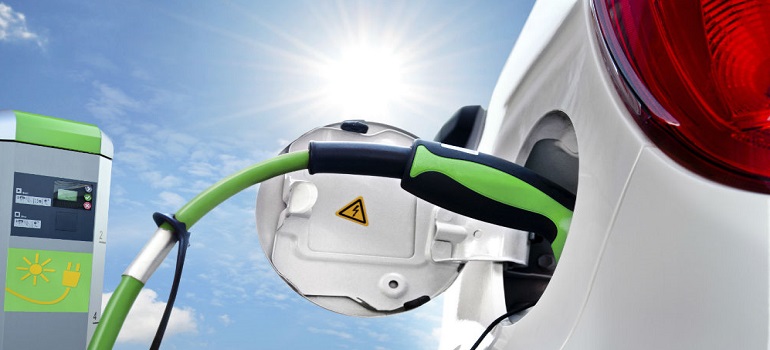
The Hybrid electric vehicle (HEV) conversion kit allows conventional vehicle to be converted into hybrid electric vehicle (HEV) or plug-in HEV (PHEV). The conversion kit provides options beyond what is available from the automotive original equipment manufacturers (OEMs). The development of the conversion kit is allowing the conversion of light and heavy-duty vehicles into hybrid vehicles in an economical and reliable manner. However, conversion kits are not limited to hybrid alone; they are scalable to convert a conventional vehicle to complete EV.
According to Research and Markets’ new report global hybrid electric vehicle conversion kit market will grow at a CAGR of 20.52% during the period 2017-2021.
The author of the report recognizes the following companies as the key players in the global hybrid electric vehicle conversion kit market: XL Hybrids, Enginer, KPIT Technologies, Odyne Systems, and EVDrive.
Other Prominent Vendors in the market are: Altigreen Propulsion Labs, A123 Systems, ALTe Technologies, and Boulder Hybrids
Commenting on the report, an analyst from the research team said: “One trend in the market is increasing development of low-cost conversion kit. The cost of new hybrid vehicles is continuously decreasing as OEMs are adopting economies of scale. The rising demand for fuel efficiency and reducing emission is becoming crucial for OEMs to reduce the price of hybrid variants for maximum adoption.”
According to the report, one driver in the market is development of grid-independent low-cost hybrid kit for light vehicles. Emerging markets are facing a two-sided challenge, emission reduction and adoption of a cost-effective method to reduce emission. The price of conversion kit available in developed regions ranges between $9,500 and $12,000, which is a costly affair for price-sensitive customers. In addition, about 80% of electricity generated in India is through coal or heat, which makes no sense to promote green technology adoption in vehicles without transcending the electricity generation to green technologies. Hence, in the current situation, hybrid technology is the only viable option in the emerging market compared to all-EVs.
Further, the report states that one challenge in the market is decreasing cost of new HEVs. The hybrid segment is the prominent segment of EVs because of the scalability of the segment compared to other segments in EVs. Currently, a premium of $2,500-$3,500 is needed for manufacturing vehicles by hybrid manufacturers over conventional vehicles for giving a fuel efficiency of 25%-30%. However, OEMs are continuously improving the efficiency to further reduce the cost gap. For instance, Toyota Prius delivered consistent 10% efficiency improvement from 2000 to 2014, which resulted in increasing vehicle size and decreasing manufacturing cost of the vehicle. The manufacturing cost premium was $5,000 in 2000, which reduced to $2,500 in 2015.
The study was conducted using an objective combination of primary and secondary information including inputs from key participants in the industry. The report contains a comprehensive market and vendor landscape in addition to a SWOT analysis of the key vendors.
For more information click here
ALSO READ:
Auto industry getting ready for electric vehicle journey: SIAM
More than One Million Monthly Charging Sessions on ChargePoint Network Highlight Historic EV Growth

